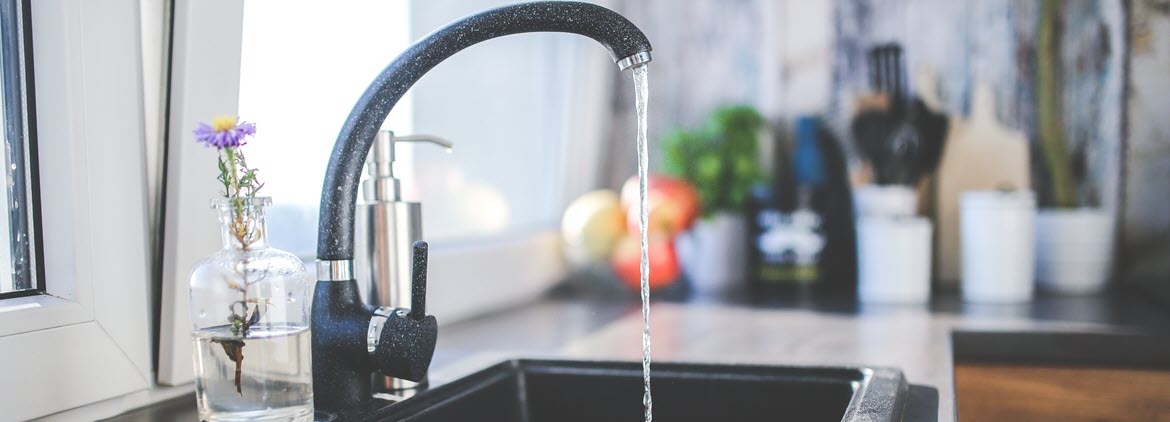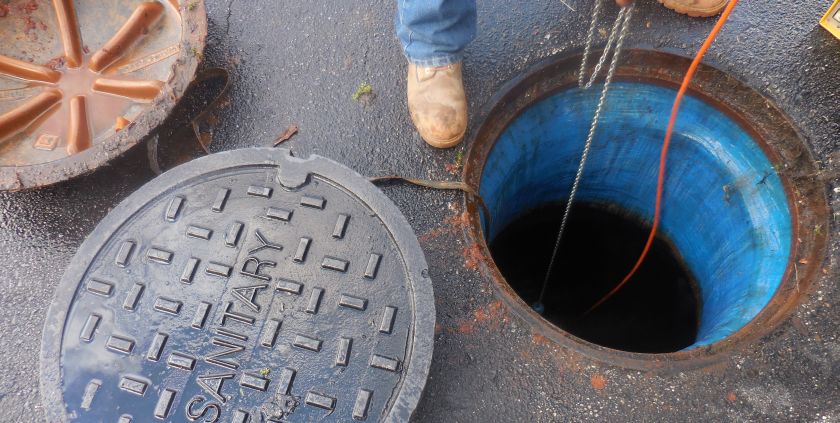Are you currently trying to find resources on 8 Tips For Clearing A Blocked Drain?

Intro
Managing an obstructed drain can be a frustrating experience, interfering with daily tasks and potentially causing damages to your home. However, before reaching out to pipes professionals, there are steps you can require to deal with the concern on your own. In this overview, we'll check out DIY solutions and preventive measures to deal with an obstructed drainpipe properly.
Determining the Issue
The primary step in resolving an obstructed drainpipe is acknowledging the indications. Sluggish drain, gurgling audios, foul odors rising from drains pipes, or water backing up prevail indicators of a blocked drain. Determining these indicators early can help prevent further complications.
Selecting the Right Pipes Service
When selecting a pipes service, think about elements such as experience, licensing, and client reviews. Select a respectable plumbing technician with a record of quality workmanship and clear rates methods.
Price Factors to consider
The cost of expert drainpipe cleaning services can differ relying on the extent of the clog and the plumbing professional's prices. Demand quotes from several companies and ask about any kind of service charges to make certain openness and prevent surprises.
Safety and security Precautions
When trying DIY drain cleaning, prioritize security. Put on protective gloves and eyewear to avoid contact with harmful chemicals or microorganisms. Never mix various drain cleansing products, as this can create dangerous fumes.
Situation Researches
Real-life examples highlight the efficiency of DIY options and the value of prompt specialist intervention in fixing drain clogs.
Common Root Causes Of Blocked Drainpipes
Comprehending the aspects that contribute to drain pipes obstructions is vital for efficient resolution. Typical wrongdoers consist of hair, soap residue, oil, food particles, and foreign objects like hygienic products or paper towels. Tree roots getting into below ground pipelines can additionally trigger significant clogs.
Do it yourself Solutions
For minor obstructions, several DIY options can be efficient. Putting boiling water down the drainpipe can help dissolve oil and debris. Sodium bicarbonate and vinegar or a mixture of salt and baking soda can act as natural cleansers. Making use of a plunger or plumbing snake to dislodge blockages is an additional option.
Devices and Equipment
Having the right devices on hand can make do it yourself drain cleaning extra effective. A bettor is a functional tool for clearing blockages in sinks, bathrooms, and showers. A pipes snake or auger can reach much deeper clogs, while drainpipe cleaning chemicals can be made use of carefully for persistent clogs.
Preventive Measures
To prevent future obstructions, embracing safety nets is crucial. Set up drain guards or strainers to capture hair and particles prior to they get in the pipes. Consistently flush drains pipes with hot water to dissolve oil accumulation, and stay clear of getting rid of oil or strong waste down the drain.
When to Call a Specialist
While DIY options can solve small clogs, certain signs suggest the need for expert aid. Relentless obstructions, foul odors in spite of cleansing initiatives, or multiple drains supporting all at once are warnings that call for expert intervention.
Conclusion
By adhering to the pointers laid out in this overview, you can efficiently take on blocked drains and protect against future plumbing problems. Whether choosing DIY options or seeking expert support, prompt activity is key to preserving a healthy and balanced pipes system and maintaining the integrity of your home.
How to Clear a Clogged Drain Yourself (And When to Call In the Professionals)
What Can Clog a Drain
- Dirt
- Skin flakes
- Hair
- Grease
- Soap scum
- Food
- Offset pipes
- Tree roots
- Small objects
- Mineral buildup
DIY Tricks to Unclog a Drain
You can fix this! Once you have identified the source of the clog (or have a vague idea), you can try one or a combination of these fixes in order to clear your plumbing.
Wire Hanger or Snake
Untangle and clear out hair from a drainpipe with a homemade snake. Use a straightened-out wire hanger with a 90-degree angle hook to locate the clog and drag out any unwanted material.
Remember not to push the clog further down to where the wire hanger cannot reach! If you need to follow up with a plunger, give it a try. Your efforts might be more successful after it’s been wire-snaked.
If you want to get fancy and don’t have a wire hanger to spare, head to the store and pick up a hand-operated drain snake. You can get one for $10-$30. It may save you the hassle, and provide additional length to reach deep into the clogged pipe.
Plunger
A cup plunger has a suction cup attached to a wooden handle. The rubber creates a seal around the drain, and increases the pressure force of the plunger.
Plunge for 30-second increments to loosen the clog. This may need to be repeated over the course of 15-20 minutes. Once plunged, run the water to flush the remaining material out of the drain.
Remember– never use a plunger if you have used a chemical drain cleaner. These chemicals can splash up from the force of the plunger and cause serious injury or burns.
Boiling Water
Hot water can sometimes break up materials into a flushable amount. Dirt, grease, and soap buildup requires heat in order to unstick from surfaces.
Take your kitchen kettle and heat your water to a boil. Once it reaches a rolling boil, pour it directly down the drain into the blockage. Carefully follow with plunging, if necessary.
Don’t worry if this takes more than one try! It can often take multiple kettles and repeated plunging in order to clear a particularly stubborn clog.
Chemical Drain Cleaner
As a last resort, pick up a bottle of chemical drain cleaner. Drain-cleaning chemicals are potent, and not very good for the environment.
You may need to wear protective eyewear in gloves before handling your bottle of chemical drain cleaner. Follow the instructions printed on the bottle, and flush with water as soon as the instructions allow. Do not follow with plunging.
Baking Soda and Vinegar
As a safer alternative to chemical drain cleaner, baking soda and vinegar can create a chemical reaction that clears tough clogs.
Combine one cup of cleaning vinegar with one cup of boiling water, and set aside. Once you have done this, pour half a cup of baking soda down the drain. Give the baking thirty seconds to settle and cover a large portion of the problem drain.
Following the baking soda, pour down your vinegar and hot water solution. Once the vinegar and baking soda combine, the mixture will bubble and fix. Let this reaction fizzle in the drain for about an hour.
After an hour, follow with a kettle’s worth of hot water. The heat and liquid should flush out any remaining material.
When to Call a Plumber
If your DIY attempts haven’t cleared your clog drain, it’s time to call in a professional. It’s not worth losing access to your kitchen sink or high-traffic bathroom. A clog in a vital area can keep you from the things you’d rather be doing, and derail your routine.
Anytime a clog is causing water to spread is a time to call in a plumbing service. What starts out as a little bit of water can quickly grow into serious, expensive water damage.
Additionally, a serious clog can result in burst pipes or serious leaks. Make sure you know when to take it seriously!
https://myguysnow.com/how-to-clear-a-clogged-drain-yourself-and-when-to-call-in-the-professionals/

I stumbled upon that entry on when browsing on the search engines. Sharing is good. Helping people is fun. Thank you for your time invested reading it.
Click Here
Comments on “How to Handle a Blocked Drain Prior to Calling Professional Plumbers”